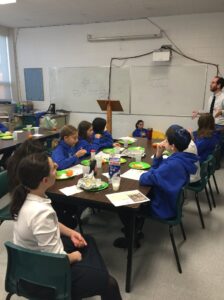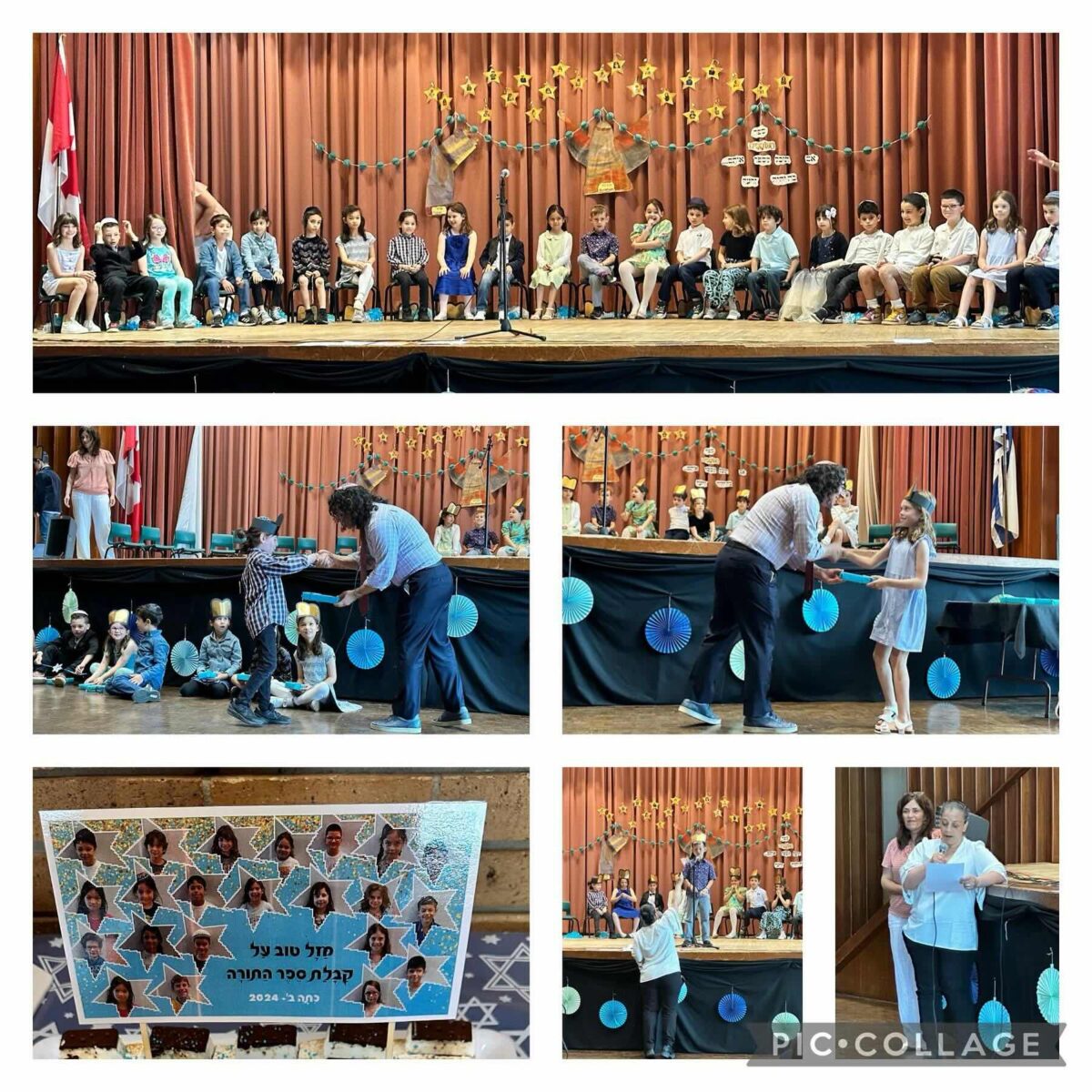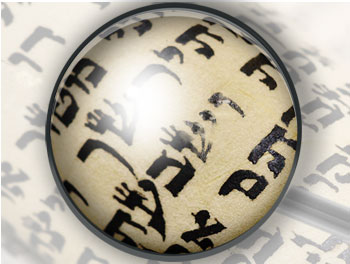As our Middle Schoolers write exams and our entire school gets ready for the triumphant return of “Winter Fun Day” heading into a “PD Day” and February Break, I thought it would be a great opportunity to provide a second “Update: Impact” post. Two weeks ago, I provided an update on the impact of our French consultancy. Today, I would like to provide an update on the impact of last spring’s $50,000 gift to strengthen the “J” in OJCS.
At the time, I described the possible impact in a blog post as such:
And now, thanks to today’s gift, we know that we will go into Year Three with an amazing opportunity to build on our successes and introduce new and deeper Jewish engagement for our students and our families.
What might this investment lead to in 2019-2020?
(W)e will be revisiting our leadership team. I will have more to say about this when it becomes concrete, but we are very excited about the possibilities we are exploring. We also have – similar to French – opportunities to import second-language acquisition professional development so that our teachers of Hebrew will have the same resources available to them as our teachers of English and French do and will. Updated curriculum, more Hebrew-language books and materials, and expanding our Jewish Studies Resource are all worthy to consider for investment.
How is it going shofar? (I know. I am past that pun window, but I feel like in a post dedicated to Jewish Studies that I can pull it off.)
Well, some of what we had imagined has in fact come true. We have purchased new and additional Hebrew-language books and materials. We have made connections to second-language acquisition experts to improve our pedagogy. And we have added Hebrew resource teachers and contact time to better meet the needs of students. And all of that has made a meaningful difference. Other things, however, we could not have predicted because new people bring new ideas.
The biggest change this year in Jewish Studies at OJCS is the addition of our new full-time Head of Jewish Studies, Dr. Avi Marcovitz. Like our Dean of Jewish Studies Emeritus Rabbi Finkelstein, Dr. Marcovitz is a critical member of our Middle School Faculty. Unlike Rabbi Finkelstein, Dr. Marcovitz does not have another important day job, but has the opportunity to focus all his energy and creativity at our school. He may still be getting acculturated, but in addition to assuming leadership of our Jewish Studies Faculty and building relationships with synagogues and community leaders, he has also found time for launching new programs.
 Parasha & Pancakes
Parasha & Pancakes
“Parasha & Pancakes” now takes place on Tuesdays (Grades 3-5) & Thursdays (Grades 6-8). With great thanks to the OJCS PTA for providing support, we have students volunteering to come to school early to learn Torah! Who knew? Students are taking responsibility for the cooking and Dr. Marcovitz for the learning. Tasty pancakes to feed the body with words of Torah to feed the soul – what a great way to start the day!
Rabbi Simes z”l Yom Iyun
This grew out of a wonderful assignment with our Grade 8s who have been exchanging questions (sh’eilot) and answers (t’shuvot) with rabbis in our community on hot button topics. The work has been so rich that we got the idea to invite those rabbis to be with us for a day of learning, which we are dedicating to the memory of our beloved teacher and communal leader, Rabbi Yehuda Simes z”l. We are looking forward to a special day on February 24th. Contact the office for more information.

Do you want to see the amazing intersection between Jewish Studies and STEAM (Science, Technology, Engineering, Art and Math)? Go no farther than Morah Ruthie’s Kitah Zayin (Grade 7) Hebrew II class! They learned all about the Israeli city of Tzfat and showed what they learned by creating VR (virtual reality) projects. The views below aren’t as cool as viewing them through VR goggles, but they are pretty cool. I have left one sample for you to check out below, but if you want to see them all, please check out Morah Ruthie’s blog post:

What’s next? Something really exciting…perhaps even a game-changer.
Based on a model I first experienced (not created, it was there before me) in my last headship at the Martin J. Gottlieb Day School, we want to launch a brand-new Middle School Jewish Studies Curriculum that is predicated on the idea that both Torah leads to deeds AND deeds lead to Torah (Kiddushin 40b). We want to create an integrated Jewish Studies / Tikkun Olam (Social Justice) program in which the text our students learn Monday-Thursday gets put into action on Friday, each and every week. Aligned with our North Stars, “We own our own learning,” and “We are each responsible one to the other,” we would create a committee of students, teachers, parents and community leaders to develop this curriculum which integrates key Jewish values, deep textual learning and practical hands-on projects.
For example, during a week (or unit), students in Grade 6 would study on Monday-Thursday texts that describe the ethical treatment of animals and then on Friday go out into the community and volunteer in animal shelters. Students in Grade 7 would study texts that help us understand our responsibility to feed the hungry and then on Friday go out into the community and either feed the hungry, or volunteer in both kosher and community food banks.
This new program will be a direct and weekly application of Jewish wisdom. It allows for individual choice (we imagine some of the “Mitzvah Trips” having choice for students), but more importantly through the experience of many “Mitzvah Trips,” students will make meaning of which mitzvot, which tikkon olam projects, etc., are personally meaningful. They will also build connections to people and organizations that will strengthen their sense of peoplehood.
We want to provide our students with Jewish experiences that inspire them to learn more Torah and we want to help our students make personal connections between the Torah they learn in school and the larger world around them. We want our students (and families) to recognize that part of being Jewish is to make the world a better place, that doing so requires both learning and doing. Locating this work in our Middle School allows for practical connectivity to the b’nei mitzvah process. Providing these opportunities in a Jewish Middle School in a community without a Jewish High school, is critical to inspiring students and families to see and feel value to their Jewish learning beyond the walls of the school.
As a parent who had one child experience this program before and another one eligible to receive it now, I can tell you firsthand how impactful it is and can be. As a principal who watched families eagerly anticipate middle school so they can start going on “mitzvah trips” and watched alumni eagerly anticipate opportunities to come back and volunteer on “mitzvah trips,” I know this creates a wonderful opportunity for our school to retain and attract students through Grade 8.
Wouldn’t you want your child to have an opportunity to make the world a better place each and every week?



 Parasha & Pancakes
Parasha & Pancakes